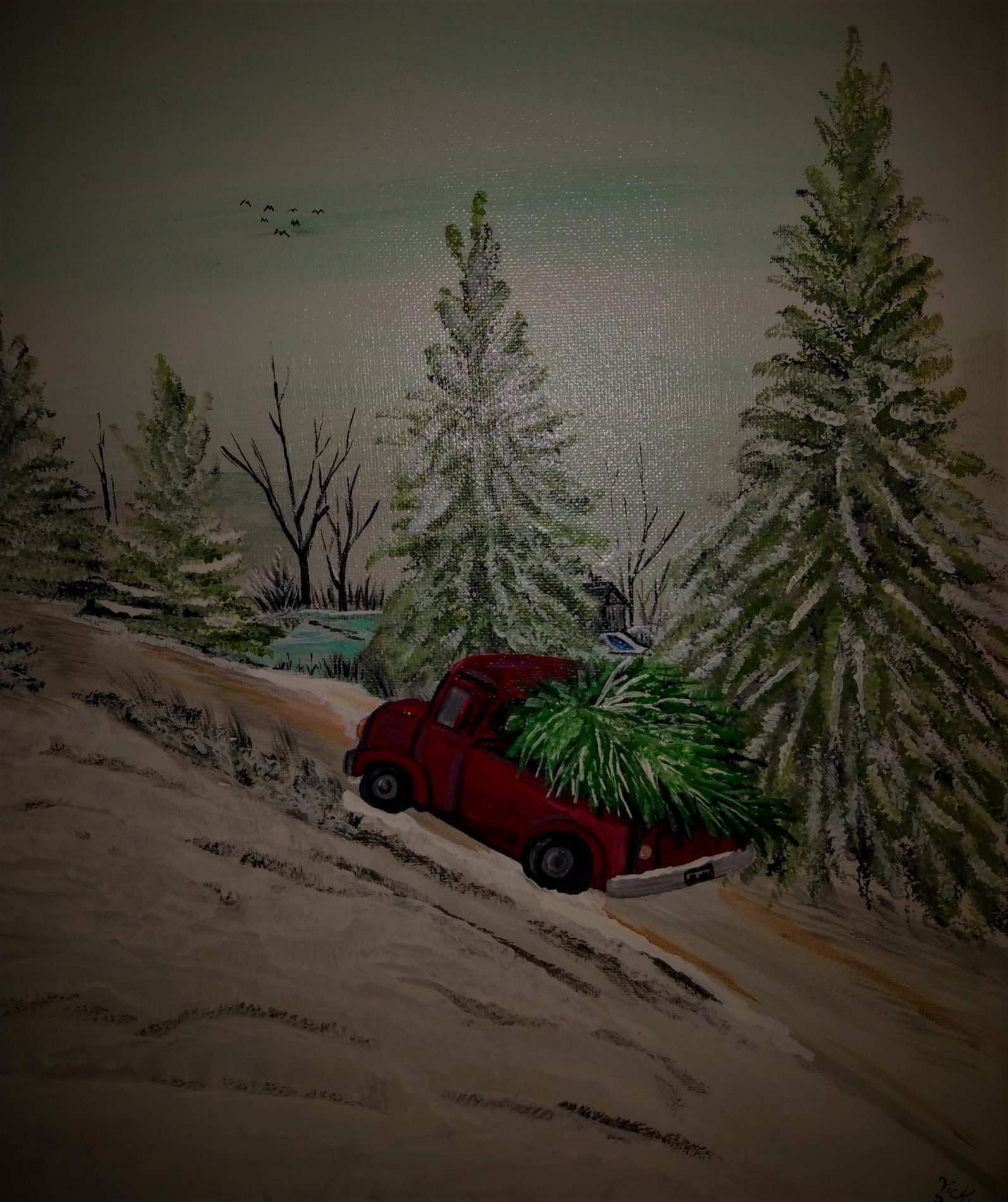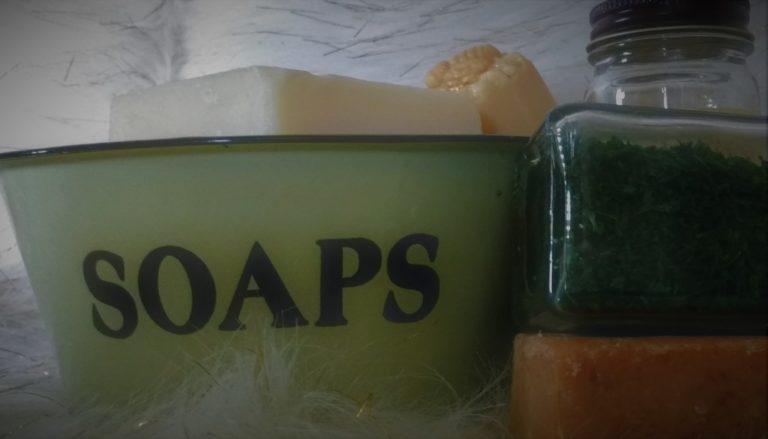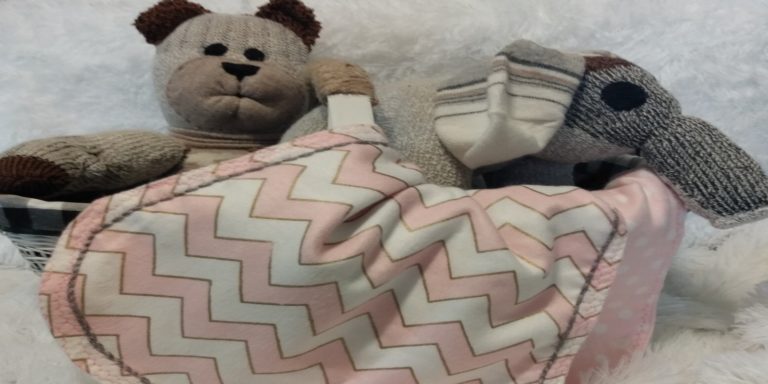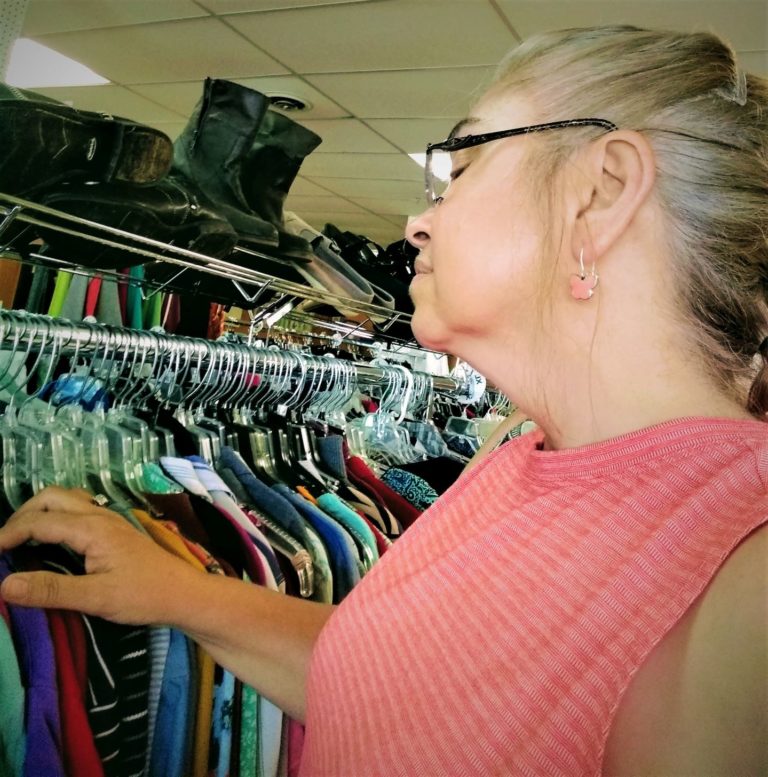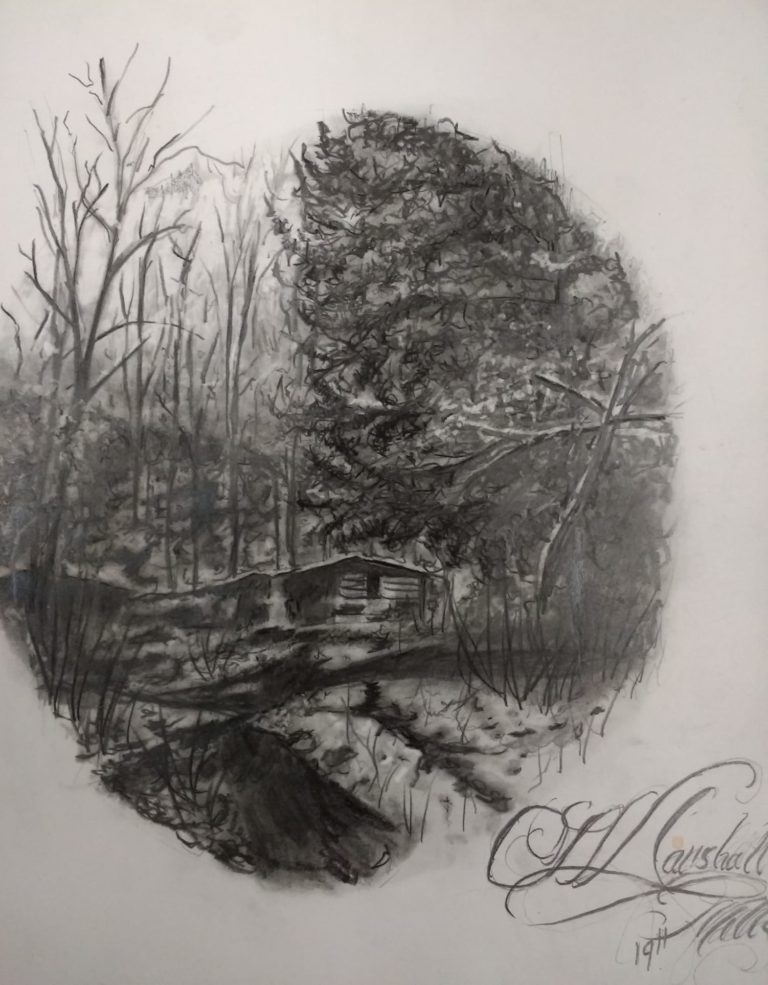The Hills that Shaped Me
Just like in Mrs. Loretta’s song, I was born a coal miner’s daughter. I was even raised in a cabin on a hillside. To the outside world, we were poor. To us, raising and gathering our food from the hills was simply a way of life. We didn’t have the luxury of going to buy things from a store. If we needed it, then we figured out a way to either make it, or we figured out how to make do without it. People ask me sometimes what influenced my creativity. The answer is simple. My creativity was born from necessity. It is as much a part of who I am as the skin on my bones. My Appalachian roots shaped who I am today and are still evident in my art.
Growing Up Poor
Neither of my parents had been able to attend high school. Dad was a disabled coal miner. My mom often worked as a maid for the wealthier folks in our county. We raised most of our food on the homestead at Lick Branch Hollow ( of Hurts Creek Road), and at the farm at Flacky Creek.
The farm at Flacky was very isolated. You literally had to drive in and out of the creek bed to get to the farm. That meant that you needed either a four-wheel drive vehicle, a tractor pulling a wagon, or you walked. The footpath was not a piece of cake either. To avoid wading the creek meant that you had to walk on a narrow trail that led along the mountainside. In areas, the side of the trail dropped shapely from over a cliff and into the rocky creek bank below.
Our time at Flacky was filled with hard work. We didn’t have the wonderful machines that the farmers have here in Central Kentucky. We had a tractor, and a wooden wagon built on a truck frame. The boys and dad used a horse to plow on some fields, others we were able to plow using the tractor. We holed the weeds from the fields by hand. I still bare calluses on my hands from those days spent in the fields.
Raising Cane & “Beeing” Myself
We had bee yards at both farms, but we only grew sugar cane at Flaky. Selling honey and Molasses was a big part of the income that we had to survive on as a family. It was also something that we produced that we could be proud of. Dad always said we were partners with the bees. We took care of the bees, in exchange for the honey we took from them. Beekeeping is year-round work. It taught me that you have to look out for the future, you can’t wait “until the bees are swarming around your head to build a hive to put them in”. My early experience the beekeeping helped shape my love of nature. You may have noticed that even the name of my blog carries the banner for my love of honey bees.
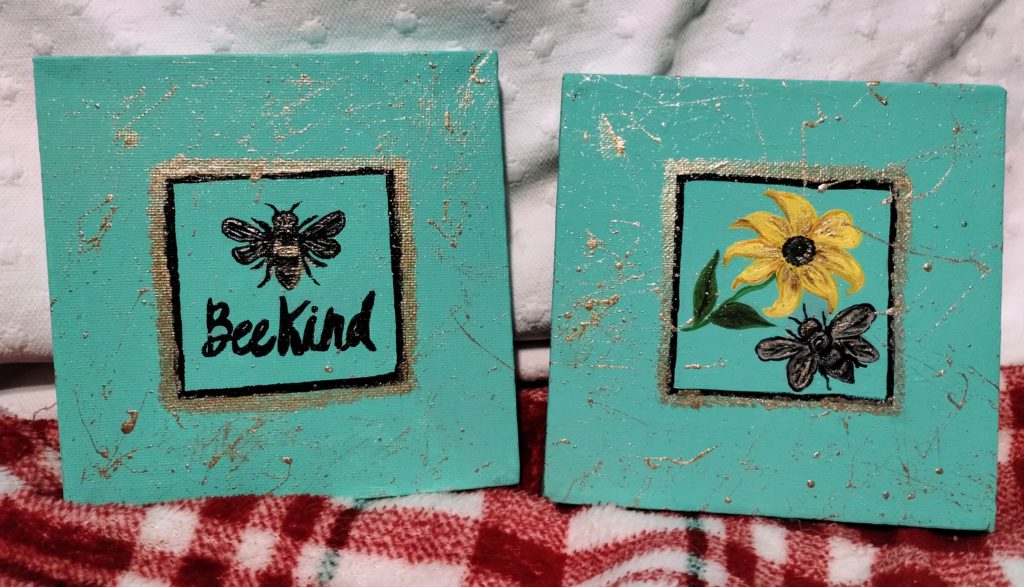

Making molasses is another labor-intensive endeavor. We holed the cane by hand to keep the weeds at bay. Then after the sugarcane was mature, we would strip the fodder from the stalks, cut the cane, then load the stalks onto the wagon and take them to the cane mill. The cane was crushed by the mill in order to extract the juice from the plants. Next, the juice was boiled down into syrup, or molasses. Producing molasses was hard work. Raising sugarcane not only gave us the means to earn money, but it also taught us to work together towards a goal. My best childhood memories center around making and selling those products.
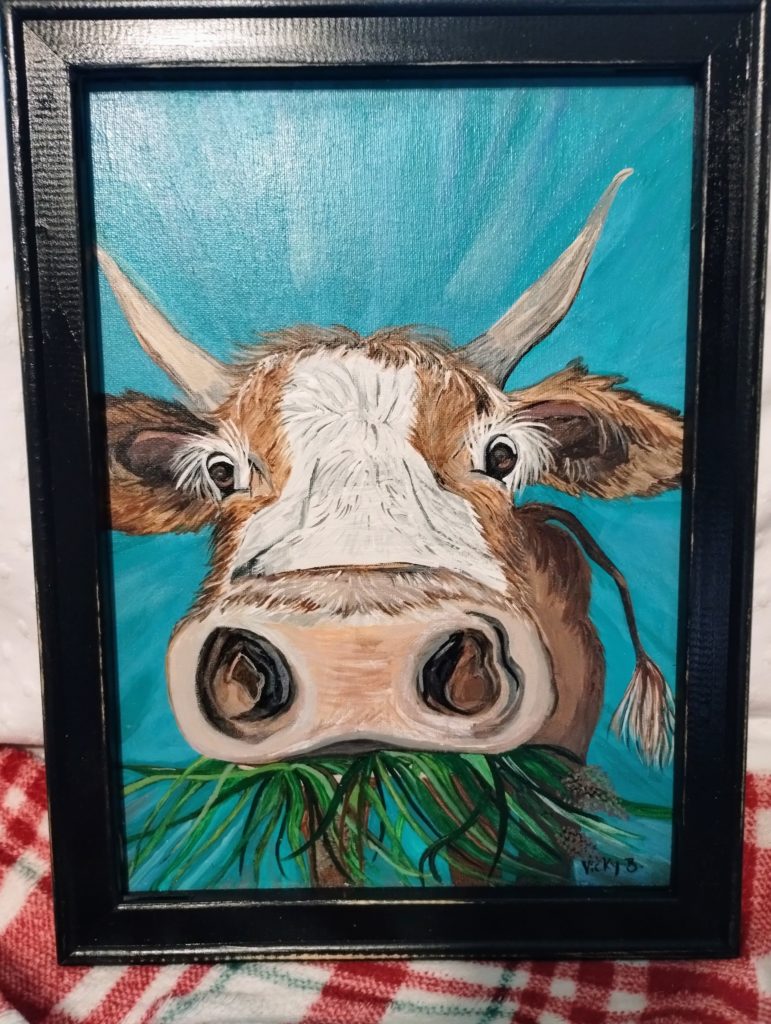

Kentucky Honey & Roadside Stands
Selling honey and molasses larger shaped who I am today. Some of my earliest memories are of us as a family selling farm products. We would set up at flea markets, festivals, and at roadside stands. Dad expected us to be able to talk to customers about the importance of the honeybee, their life, and the products we sold. We had to know which trees and flowers the bees frequented to produce the dark-colored, wild mountain honey, that we sold. To be a good salesperson, you had to be a people person.
Setting up and tearing down the booth at flea markets and festivals was easy compared to the arts & crafts shows that I do now. The boxes that held the jars were all the same size and stacked neatly for transport. Still, I never set up at a show without going back to those days of old and the excitement of selling our honey and molasses.
Lessons Learned
Even though I no longer sell products from the farm. A lot of my creations involve nature in some way. From my paintings of animals to those of bees, almost everything is nature inspired. I also love gardening and hiking. Even my soap is botanically based and makes use of wild herbs that are naturally sourced.
Growing up having to make what we needed or go without may have been a hard lesson, but it was one that I have never forgotten. My siblings and I have passed stories about the life we led have been told to our children and can even be seen as an influence in their lives.
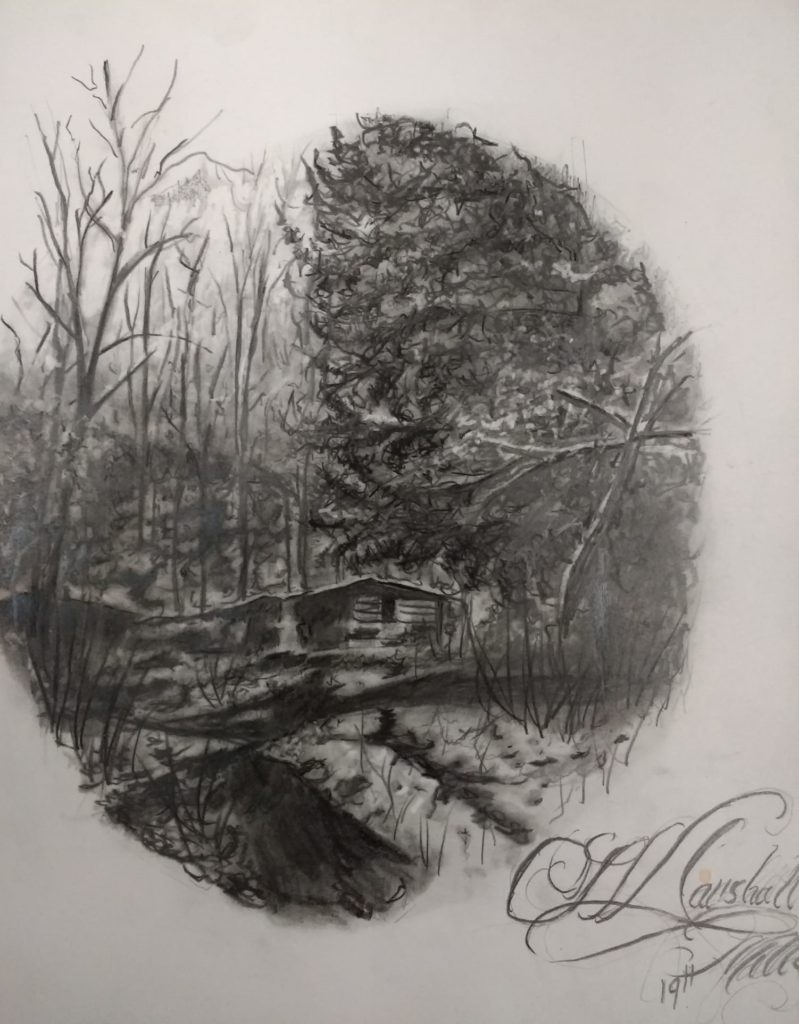

What about you? When you look back at your life, what shaped you into who you are today? I hope that you let your creativity shine. Maybe it is not through art or crafts. Maybe your light shines through music or gardening. Share it with the children in your life. You never know what will inspire a child to greatness.
If you enjoyed this post, please subscribe and share a link to my blog. Thank you for stopping by.
Have a wonderful, creative day!
Come back to visit soon.
Vikki
Other posts that you may enjoy:
5 Ways to Attract Pollinators: Protecting Honeybees and Other Pollinators to Protect the Future
Springtime Found Us Busy As Bees
Books about Leslie County that you may enjoy:
Mary On Horseback: Three Mountain Stories.
Note: I really like this book overall. But, the closest train to Hyden was found in Perry County.
All of my siblings were delivered at home by the members of the Frontier Nursing Service.
Down Cut Shin Creek: The Pack Horse Librarians of Kentucky.
Note: Cutshin Creek ran along one boundary of the farm at Flacky Creek.

